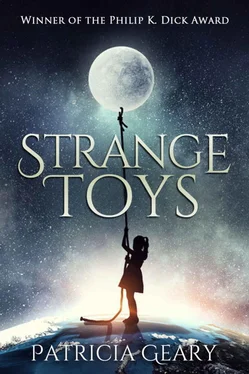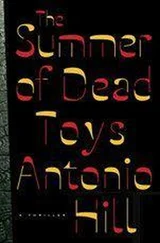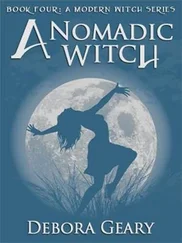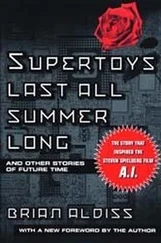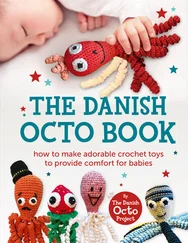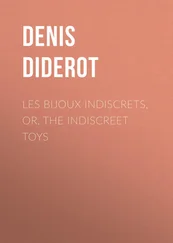“Are they ghosts?”
“Just watch.”
The chanting grows louder and louder. A crowd of Africans pummels packets of mantioc and sets them on fire. They also hold cucumbers aloft, slit down the middle, and use the pale green juice as if it were blood.
Kabiyesi, Alaye!
Ebo a fin!
And:
May you live till old age, Oloja
May your time be prosperous
And:
Lizard offered two pigeons
In order to get the woman
But he did not offer two cocks
Which would make the woman stay
From the folds of his pants, Sammy produces a machete. Its gleaming blade makes a statement.
“The Egúngún!”
A veiled figure stands in the circle between Sammy and Deane. It is entirely bandaged: hands, feet, and face. Phosphorescently it sways, blood-black charms dangling from its limbs, red auras glittering out. He is the soul of our Beloved Dead.
“Now!” Barnett shouts, pushing me forward.
Do I walk over water? Do I fly? Am I really in my bed at home in the houseboat? Am I in my bed at the beach in California? Am I back in my childhood bed in the house I grew up in, Pole nestled against me for company, the poodles and my beloved doll Roberta watching over?
The white-clothed worshippers and the naked, ghostly bodies part for me as my body beelines for the inner circle.
I walk barefoot over the candles and feel no pain. Even as I take the machete from Sammy’s outstretched hand, I feel no fear.
Only the howling of nothingness, vacant and icy as the corridors of his eyes when I slit Sammy’s throat.
“This is your time,” says the Egúngún.
Its voice is the music of the spheres, the harmony of twirling atoms.
When I look toward the ground, where the body would have fallen, there is no body.
Deane!
Deane is fading. As if she were ectoplasm only manifested for this one performance, she begins to dematerialize. Her image, eyes fixed on me, wavers.
Pet , she seems to say. My sister .
Her hand, increasingly transparent, is holding out a small mud figure.
With one last gaze—pity? remorse?—she vanishes into the ether.
No Sammy. No Deane. No circle of worshippers. As I stoop to pick up the mud figure, the Egúngún, with a whoosh of its tremendous wings, flies away.
The figure is me, biceps flexed.
Here, you tell yourself, is a woman who could pull a lot of weight.
We travel back through the night, passing from wherever we have been to wherever we are going.
Barnett puts his arm around my shoulder and the heat from his body is one kind of cure.
And so is the sun, soon to rise.
Encouraged, you keep traveling on.
If you enjoyed Strange Toys , we would be really grateful if you could leave a review on the Amazon page and Goodreads.
Patricia Gearyis a native of Southern California. She is presently serving as Writer in Residence at the University of California at Irvine. STRANGE TOYS is her second novel.
Praise for Patricia Geary
“Told with the skill of a master storyteller.”
— MacDonald Harris
“If, like me, you long for stories that make you deeply uneasy, not because of some dim fog of evil or some gross nightmare monster but rather because of the power of real people to hurt and disturb each other, then have I got a book for you. Strange Toys is about a girl named Pet and her relationship with her fat sister June (who always calls her fat), their elaborate imaginary life with their toys, and the equally imaginary life of their odd parents, Stan and Linwood. It is not, however, the eccentricities of these people that won me over—it is their absolute believability… You will love these people; they will break your heart.”
—
Fantasy and Science Fiction
“Beautifully written… Geary writes of the world of childhood with authenticity, sympathy and an almost perfect ear.”
—
The Washington Post
“A remarkably vivid writer.”
—
Fantasy Review
© Patricia Geary 1987
Patricia Geary has asserted her rights under the Copyright, Design and Patents Act, 1988, to be identified as the author of this work.
First published in 1987 by Bantam Spectra.
This edition published in 2018 by Endeavour Venture Ltd.
